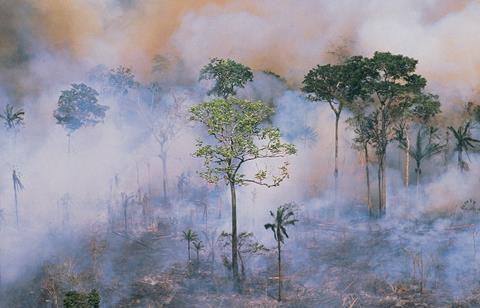
Moy Park and Pilgrim’s Pride owner JBS is investing $5.3m (£4.2m) on an artificial intelligence-based forest fire detection system in the Pantanal, a vast tropical wetland spanning the borderlands of Bolivia, Paraguay and Brazil.
A spokeswoman for the Brazil-based protein giant said the project would create “a 24/7 system that processes high-resolution images captured from communication tower cameras through an artificial intelligence algorithm, and automatically identifies fire outbreaks”.
The new fire-fighting and prevention effort was set to cover a chunk of the wetland equivalent to the size of Belgium, according to a JBS statement, and would be overseen by a “taskforce” made up of businesses, government officials, scientists and non-governmental organisations.
Each camera can detect fires in seconds and pinpoint the exact location where fire-fighters should deploy, JBS said, adding the network would be backed up by a satellite detection system and a fire risk index.
There are plans to triple the scope of the area protected in a second phase, JBS said, claiming the system could prevent the emission of up to 15 million tonnes of C02.
The annoucement came after devastating “mega-fires” two years ago that killed millions of animals and scorched around 11 million acres of the Pantanal.
Estimated to be the world’s biggest tropical wetland, the 42-million-acre Pantanal covers a land area exceeding that of England and is home to such South American wild animals as jaguars and anacondas. In the years leading up to the 2020 fires, the Pantanal drew around one million tourists annually, despite around 95% of the terrain being privately owned and used primarily for cattle grazing, according to the WWF.
Liège Correia, director of sustainability at JBS Friboi, one of the conglomerate’s main Brazilian brands, said the system would “benefit the entire livestock value chain, as fires devastate the ecosystem, seriously harm rural properties and release polluting gases into the atmosphere that cause global warming”.
“In addition to fighting the fire, one of the biggest challenges was establishing partnerships and a relationship of trust with producers in the region,” said Caroline Nobrega, manager of Aliança da Terra, which JBS said was “responsible for organising and maintaining” the fire-fighting brigades.
Environmental groups such as Greenpeace accused ranchers who sell beef to JBS of starting the 2020 fires. JBS in turn said it “repudiates any aggression or violence against the environment”.
JBS was separately in April accused of “greenwashing” its emissions reduction pledges by a coalition of NGOs, criticisms JBS said were “misleading”.
A month earlier the business announced it would build its own fertiliser factory in Brazil as concerns grew about prices and supply in the wake of the Russian invasion of Ukraine.







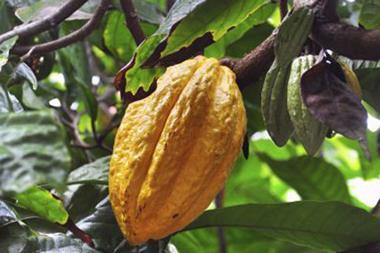
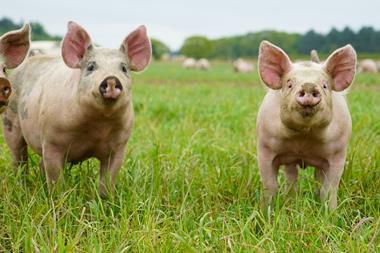
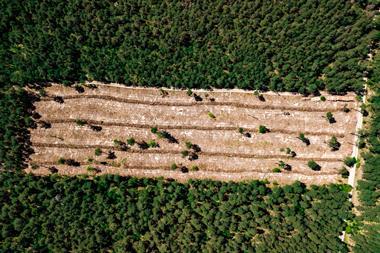
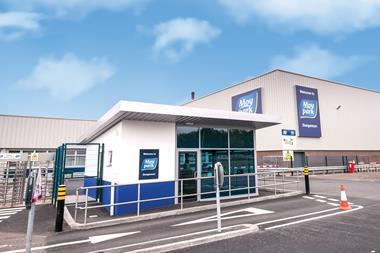
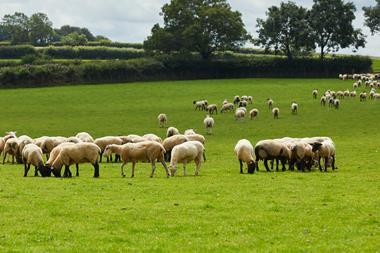
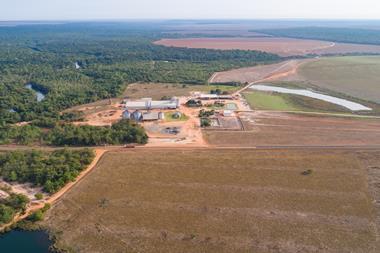






No comments yet